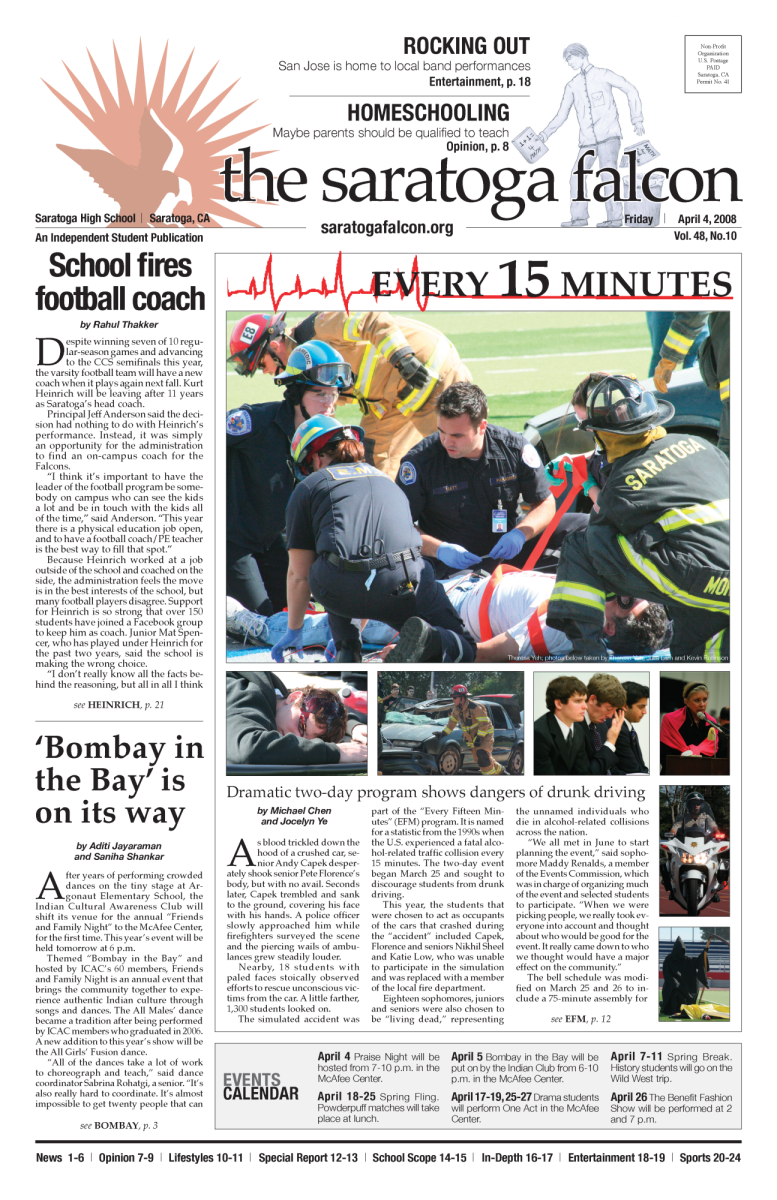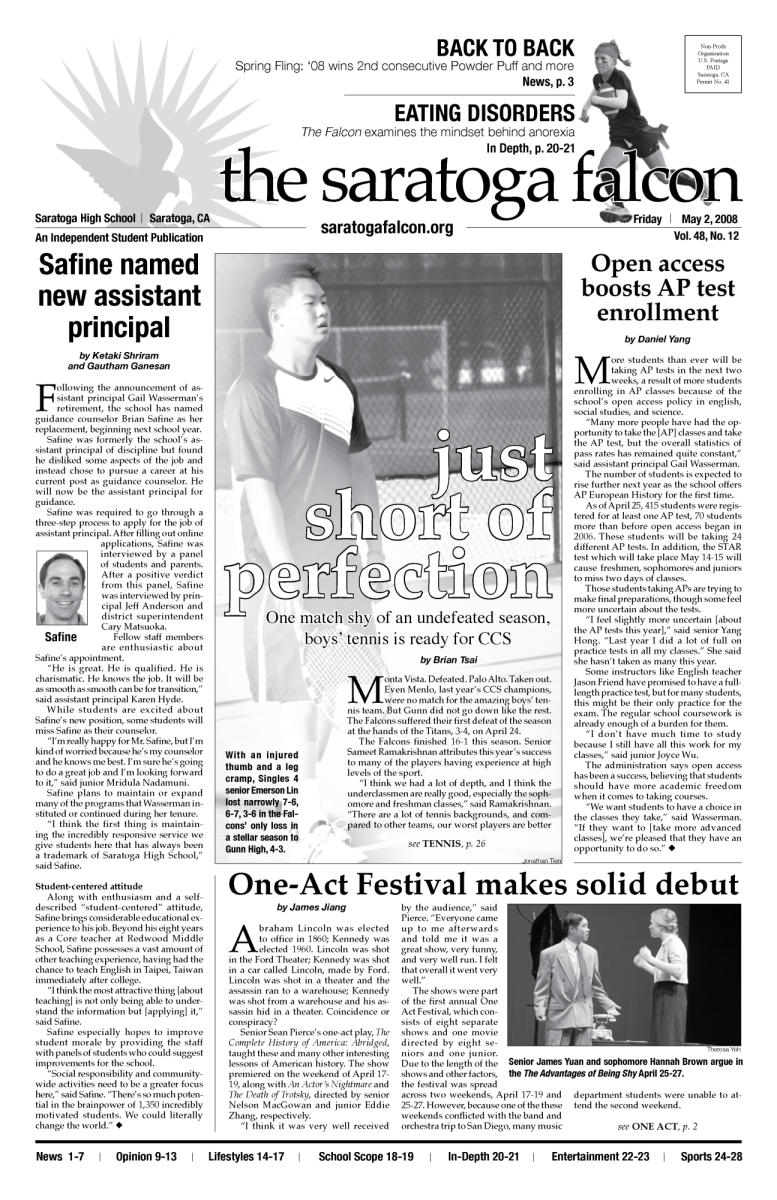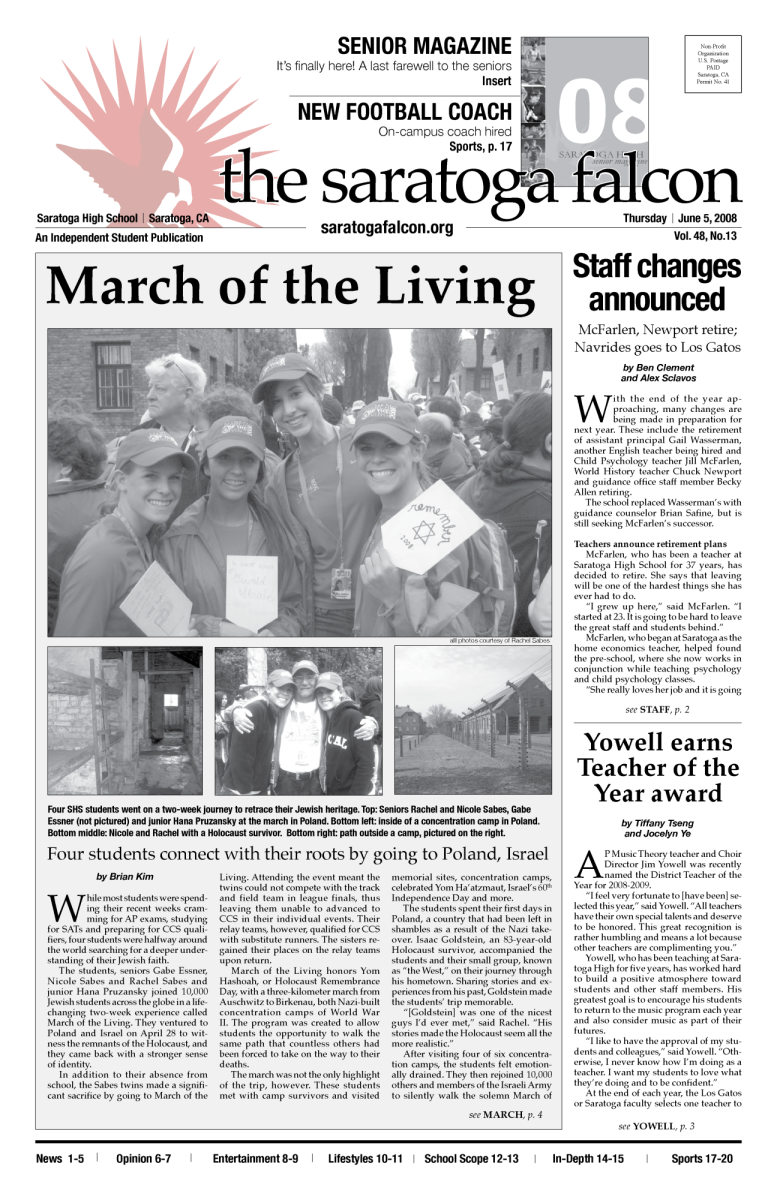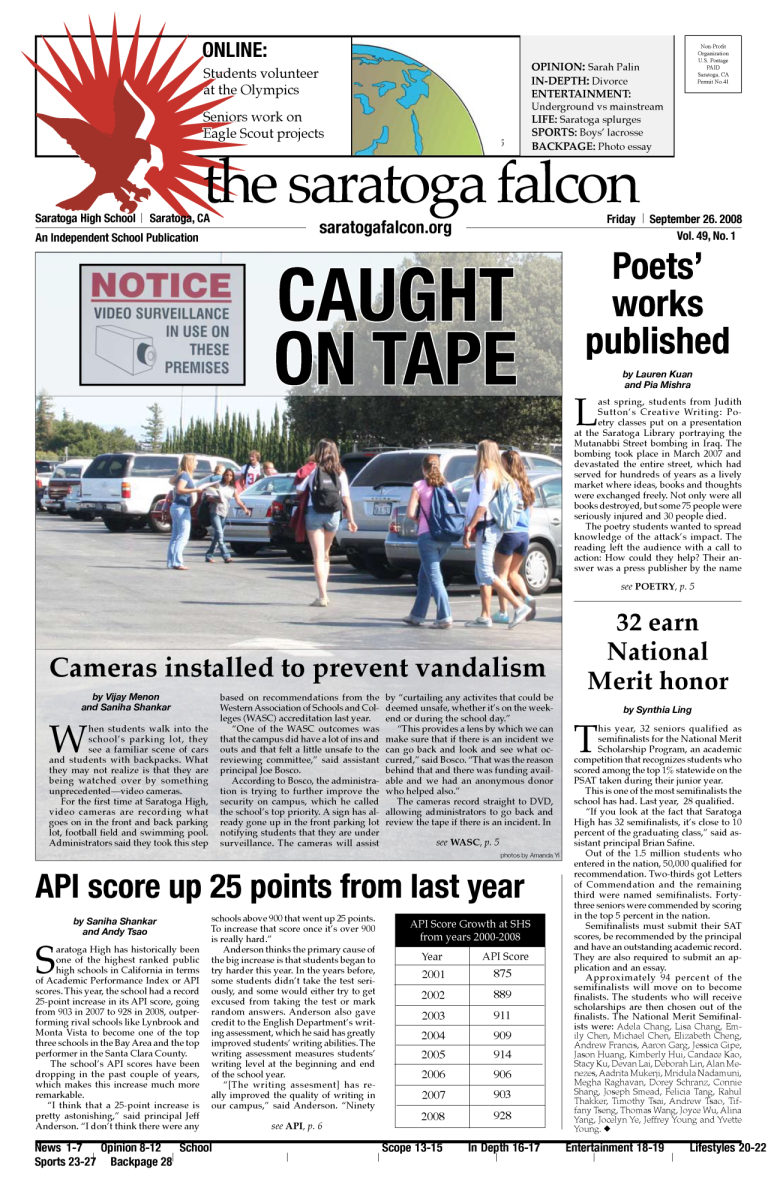A crowd of freshmen gathered at school at 5:30 p.m. on Jan. 11, waiting to enter health and driver’s education teacher Amy Obenour’s classroom and retake a driver’s education test. The new test, consisting of two paper multiple-choice tests of 100 questions each, could be taken that day or the next day.
Late last semester, scores for the original online version of the test were canceled when several students were discovered to have cheated on it. Obenour said that some of her students opened up windows on their Chromebooks to look up answers on Quizlet while they were taking the driver’s education assessments on Canvas, the school’s learning management system.
Throughout the driver’s education unit, there were eight total driver’s education tests, and Obenour thinks that cheating occurred in all eight of them.
According to assistant principal Brian Thompson, academic integrity violations are the school’s most common disciplinary issue. In the fall semester, there were 74 reported incidents of cheating. That number is up from the 37 incidents reporting in the 2017 fall semester. Thompson thinks the increase can be attributed to the influx of electronic violations due to the incorporation of technology in classrooms and especially in exams.
Obenour compiled a spreadsheet of all her students’ test grades in the driver’s education unit to help figure out which students had questionable scores.
“I know (some students) were involved because there were either witness statements or irregularities in all eight of their grades,” Obenour said. “There were maybe six people who came and confessed to me.”
She also allowed students to come forward through a Canvas assignment, which prompted additional students to turn themselves or other classmates in.
Referrals were handed to students who confessed to the transgression, while students in the classes said that many who did cheat were never accused and faced no individual repercussions. Since there was little evidence to show whether someone had actually cheated or not, these students said some got away without being caught.
However, Obenour does not think any student has been falsely accused.
“Given the data, I’m assuming that even if you did one question, 10 questions, or looked up all the answers, that there was some sort of tampering,” she said.
As a result of the cheating incident, Obenour is not giving any of her first-semester students credit for completing the driver’s education portion of the course. She redistributed the 20 percent weight for driver’s education tests in Canvas to other categories. The two days of makeup tests she offered were only for the students to earn their driver’s education completion certificates; the freshmen were not able to improve their grades through these additional assessments.
In the future, Obenour said that the school will buy mechanisms for the Chromebooks to keep her students on the proper window and unable to cheat in the way these students had done.
According to principal Paul Robinson, the administration treats each cheating incident individually and confidentially in order to make a just decision for each student. He said the process takes a fair amount of time to avoid quick judgments and hear both the student’s and the teacher’s perspective.
Additionally, when a teacher turns in a cheating referral for a student, he said the student usually confesses and acknowledges that their actions were wrong. From Robinson’s experience, most students who cheat are simply looking for a shortcut to receive the grade they want. He said that their confessions are generally similar in nature.
“It was more or less the individual saying, ‘I just really wanted this grade, and I didn’t think I could do it on my own,’” Robinson said. “It might be because they were so swamped with other things that they didn’t feel like they had the time to devote to this assignment to make it happen.”
Over the past 10 years, about 15 percent of students with an academic integrity violation have more than one offense. Robinson said that the administration sees relatively few repeat offenders, which he views as a good sign of student growth. He added that colleges do not automatically reject students who have cheated once and learned from their wrongdoing.
“I think colleges know that we’re trying to teach young men and women that making good choices is really important, even if you don’t achieve what you had hoped,” Robinson said. “If a student cheated once in the past but has not violated academic integrity since, colleges appreciate the growth that the student has gone through and don’t close the doors on that student at all.



























